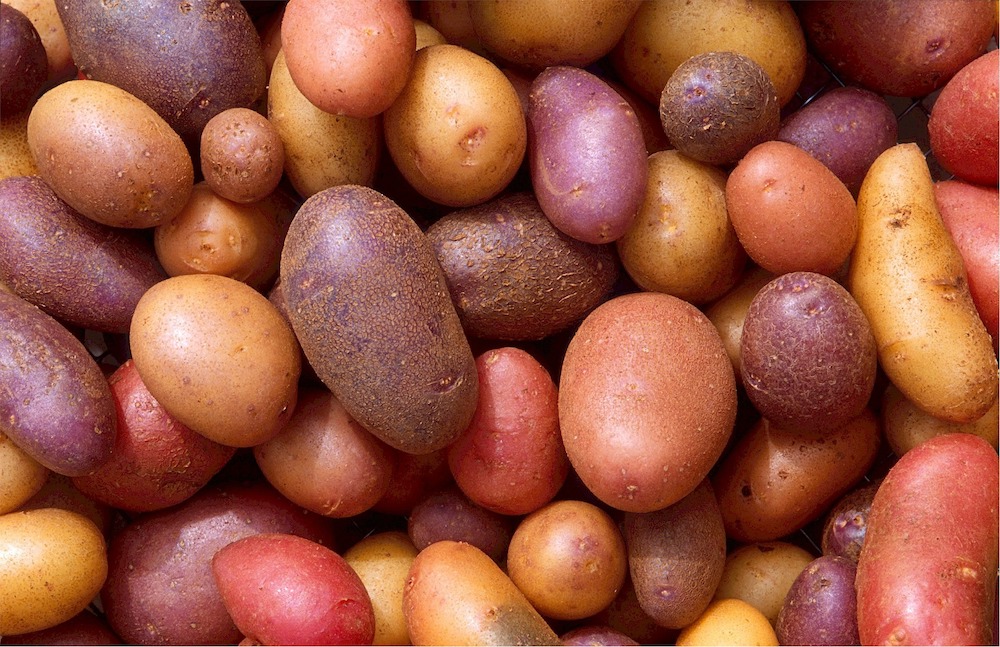Prepare to be shocked: despite all the bad news you have heard about carbs the real key to a long, healthy life is to eat more of them, not less.
It’s true. But here is the important part of eating more carbs for good health – you have to eat more good, or complex, carbs and you have to eliminate bad, or simple, carbs.
Good carbs include things like fresh fruit; non-starchy vegetables, non-gluten grains; nuts and legumes; and non-pasteurized dairy products.
Bad carbs include: refined grains; processed foods; white potatoes; soda; and sugar.
See the author’s full protocol for your perfect weight HERE!<==
To add more good carbs to your diet and get rid of bad carbs take the following three steps:
1. Follow the Glycemic Index (GI)
The Glycemic Index ranks foods according to their effect on your blood glucose level. Foods with a high GI, such as white bread and short-grained white rice, are converted almost immediately to blood sugar, causing your blood sugar levels to spike rapidly.
Low GI foods, such as brown rice, are digested much more slowly causing a lower, more gradual change in blood sugar levels.
You can find copies of the GI Index online. Print out a copy and start referring to it before you eat any carbs.
2. Eat more fiber
Fiber content is key to a carb being “good” or “bad” for you. That’s because fiber provides our bodies with numerous benefits:
- It lowers our blood sugar level
- It slows absorption of sugar into the blood, helping us avoid dangerous blood sugar peaks and valleys
- It helps prevent constipation and may help prevent colon cancer
- It makes you feel fuller so you end up eating less
Make a concerted effort to eat more fiber. Fiber can be found in high amounts in fruits, vegetables and beans.
3. Start reading labels
One of the best ways to avoid processed foods and ensure you consume more fiber is to carefully read the labels of the food products you buy. Three things to take particular note of are:
labels of the food products you buy. Three things to take particular note of are:
- Total Carbohydrates – this gives you the total amount of carbohydrates in the food, per serving. Often, grams of “fiber,” grams of “sugars” and grams of “other carbohydrates” add up to the grams of “total carbohydrates” on the label.
- Dietary Fiber – this refers to the total amount of fiber in the food, per serving.
- Sugars – this gives you the total amount of carbohydrates from sugar in the food, from all sources – natural sources like lactose and fructose as well as added sugars like high-fructose corn syrup.
If your diet has been less than ideal in the past and you have accumulated excess weight that you would now like to get rid of, a new groundbreaking approach that is having a lot of success for dieters of all types is The 4 Week Diet System.
Unlike any other diet plan, this system focuses on hormones that have a direct impact on weight gain and weight loss. Dieters have been experiencing amazing results. Visit This LINK<– to learn more about this new diet approach.
